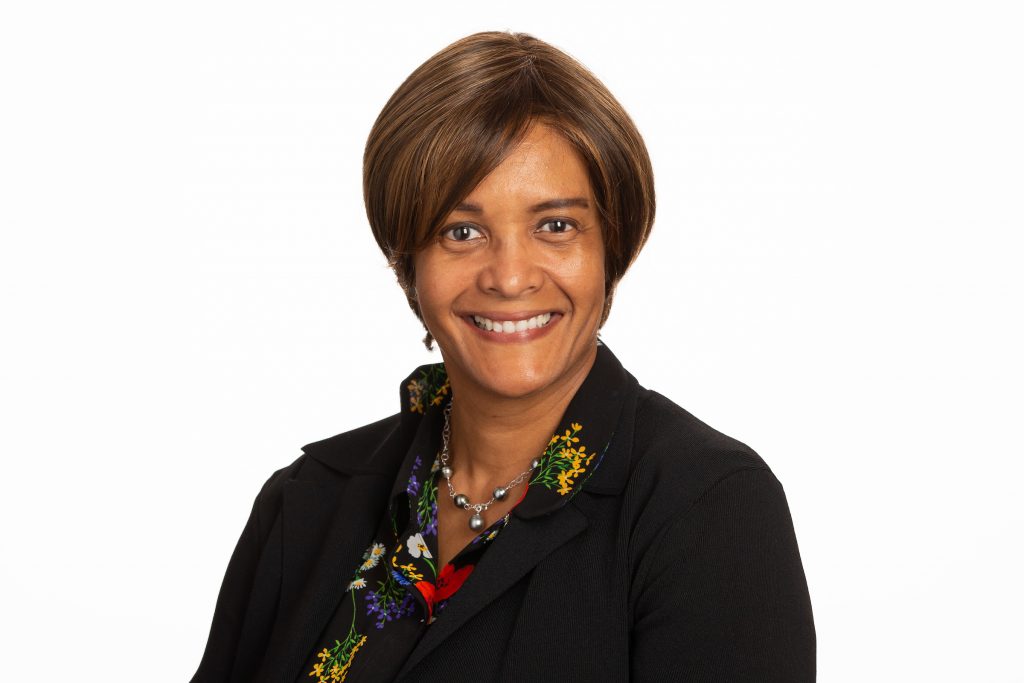Boeing announced today that CEO Dave Calhoun will step down from that position by the end of the year as the company navigates the fallout from mounting 737 Max jet safety concerns. And the co-author of a case study on Boeing and the 737 Max crisis isn’t surprised by the latest fallout.
Bucknell University Freeman College of Management Professor Vanessa Hill, James and Elizabeth Freeman Chair in Management, conducted extensive research for the case study, which was published in the Spring 2021 Case Research Journal. She cites a change in Boeing culture for creating the perfect storm for troubled times.
“Am I surprised this happened? No,” says Hill, who also studies corporate leadership. “There are strategic decisions they made that made it more likely for these troubles to happen. They transitioned from a culture dominated by engineers to a culture preoccupied with impressing analysts and investors.”

That transition came at a time when Boeing was redesigning its popular 737 into the 737 Max in an effort to compete with rival Airbus on the preferred aircraft for medium-length journeys. And once the culture changed, Boeing sacrificed its previous safety and design standards for a higher profit margin, according to Hill.
“When it was the engineering culture, Boeing focused on design and standards and making everything in-house,” she says. “It focused on safety and design and quality of the parts from all levels of production. In the 1990s, leadership structure changed around the time Boeing acquired McDonnell Douglas. Boeing executives sought validation from investors and financial analysts, prioritizing revenue and dividends over research and development .”
And now Boeing and its leadership are paying the price for that decision.
###
CONTACTS: Hill at 570-577-1651, vanessa.hill@bucknell.edu; Mike Ferlazzo, 570-577-3212, 570-238-6266 (c), mike.ferlazzo@bucknell.edu